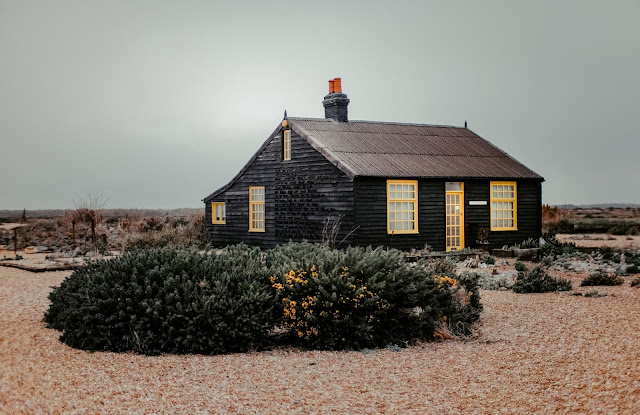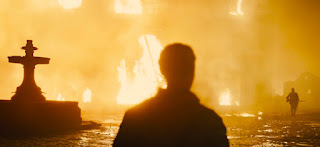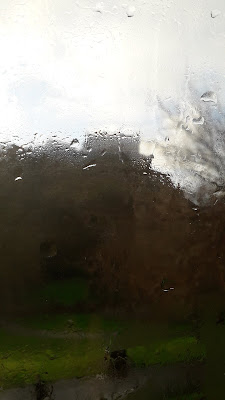Jarman
 |
Photo by Zoltan Tasi on Unsplash
|
Today is the anniversary of Derek Jarman’s death. It was
twenty-six years ago and from AIDS; or from ‘an AIDS-related illness’, as the
WikiPedia likes to state.
Jarman isn’t very well known
in Spain; to me, he’d been only a name until I moved here – in the Peninsula, the
quota of gay filmmakers seems to be completed with Almodóvar. Jarman, however,
was a polymath, much more than someone behind a camera. An artist, poet,
writer, gardener, activist and something else I’m quite probably missing.
‘Different’ is overused to
describe his films, whereas the most accurate adjective – equally repeated – is
‘unique’. What I love most about them is their bounciness. They have the smell of
school plays, their passion and tenacity. There isn’t room for naturalism in
Jarman’s world, but a void the audience should fill, like a child wearing a
metal helmet who everybody understands is a medieval warrior. In Sebastiane, for instance, we only
need to see a group of Roman soldiers playing frisbee on a deserted beach to understand
their isolation and boredom.
After being diagnosed with HIV
in 1986, Jarman moved from London to the solitude of Dungeness, a shingle beach
in Kent punctuated with Victorian fishermen cottages. He bought one. A nuclear
power station at the far end of the beach is the equivalent to the castle in
Edinburgh I pass by every day. It was a brave decision moving there. Or
reckless, or free, or desperate. Regardless of his motives, I doubt that many
people were willing to move to within five-hundred metres of a nuclear power station
barely a year after the Chernobyl tragedy.
Jarman
baptised the house Prospect Cottage in the days in which receiving an AIDS
diagnose meant receiving a death penalty. My partner and I made the stereotypical gay pilgrimage to
Dungeness last summer. The house has yellow window frames; its garden is as
chaotic as it is harmoniously colourful. In our short walk around it on a very windy
day, I couldn’t stop imagining Jarman doggedly working outside, prioritising the
exquisiteness of a little flower over the fear of dying.
Prospect Cottage is different
and unique. Like his films. More than a legacy, the garden is another of
Jarman’s lessons: beauty as an attitude, a resolution, an obligation, an always
necessary act of stubbornness. No matter what.
(There’s
currently a campaign to #SaveProspectCottage and make it a centre for artists. Visit @artfund for more info and wonderful pictures of a very handsome Jarman, as
well as images and videos of the house and the garden.)


Comments
Post a Comment